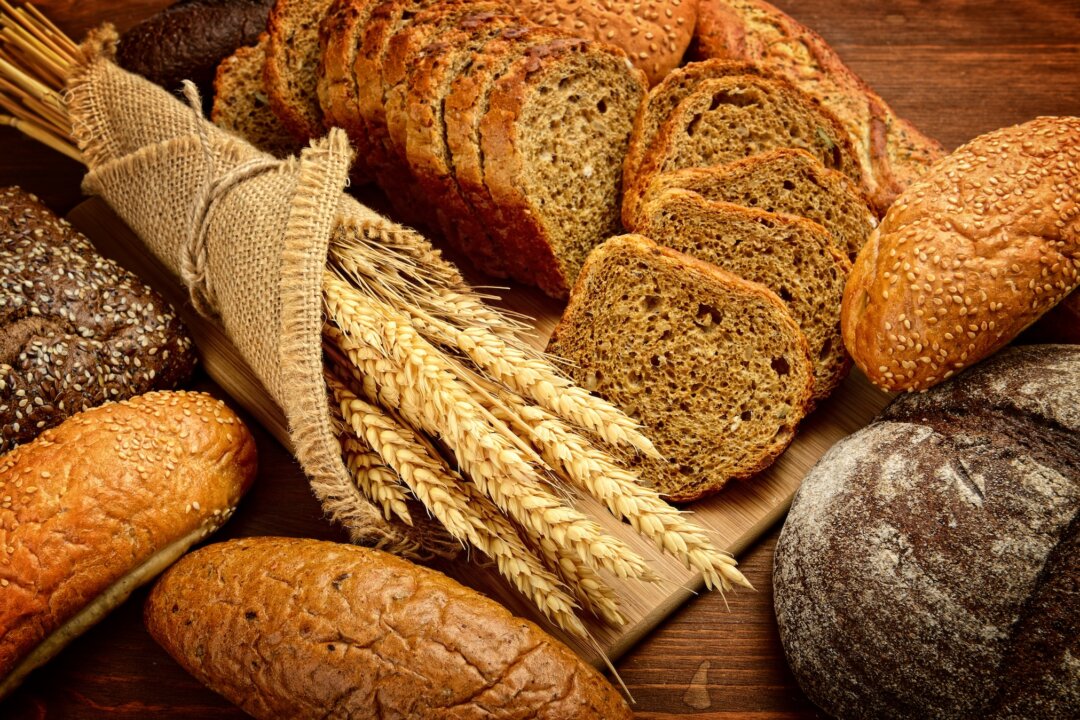Stone-milled, which produced intact whole-wheat flour Roller-milled, which produced reconstituted whole-wheat flour Refined, which produced white flour with the bran and germ removed Phytate levels were similar in kernels and whole-wheat flour but were reduced by up to 83 percent in refined flour and bread. Levels of carotenoids (lutein and zeaxanthin) appeared elevated by 18 percent to 30 percent in whole and refined flour but were reduced by up to 77 percent in breads. Vitamin E levels were reduced by up to 20 percent in whole-wheat flour and up to 82 percent in refined flour and bread from all flour types.
In a July 1 presentation at Nutrition 2024, the American Society for Nutrition’s annual meeting, presenting author Mr. Killilea discussed his team’s findings. Mr.

Killilea, who has a doctorate in pharmacology and is a vice chancellor of research at the University of California San Francisco, spoke with The Epoch Times about the study and its implications..























